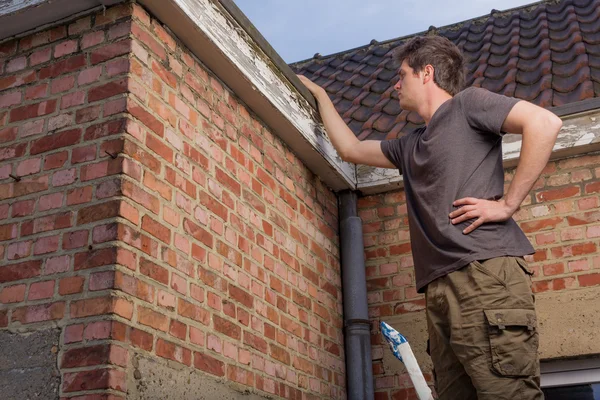There are many reasons why insurance does not cover roof wear and tear. The most common reason is that insurance companies don’t cover damage that is caused by weather or natural disasters.
Some people think that the homeowner should have to pay for any damage because they are responsible for maintaining their property. But, there are other factors that can cause a roof to wear down over time. One of those factors is external forces like wind and rain, and another factor is the age of the roof.
Other people think that it’s unfair to hold homeowners accountable for paying for repairs on their own properties because they’re not getting compensated by insurance companies.
There are many reasons why insurance doesn’t cover roof wear and tear.
We will discuss the most common reasons for this.
Insurance companies often don’t cover roof wear and tear because they believe it’s a pre-existing condition.
This means that if you have a roof with damage when you buy insurance, the company will not cover that damage.
They may also not cover it if the damage is due to natural disasters, such as hurricanes or earthquakes.
However, some companies do provide coverage for this type of damage under their policy.
Homeowners insurance is a type of insurance that protects your home and personal belongings against risks such as fire, theft, and natural disasters. It also covers the cost of any damage caused by these events.
Does homeowners insurance cover roof repair?
The answer to this question is yes, but it depends on the policy that you have purchased. Some policies cover the cost of repairing or replacing a damaged roof because it’s considered to be part of the house. Other policies only cover damage to the roof if it’s caused by a covered event like windstorms or hail.
Homeowners insurance policies cover a wide range of damages to your home and property. One of these is roof repair, but you may be wondering if this is covered under your policy.
If you are insured with an HO-4 policy, then the answer is yes. This type of policy will cover all damages to the roof and its structural support system as long as it was caused by a covered peril. This includes fire, windstorm or hail damage, or any other event that has been declared a covered peril by your insurance company.
Some other common types of homeowners policies include: HO-1 – which covers only the structure itself; HO-2 – which covers both the structure and personal possessions; and HO-3 – which also covers living expenses for temporary housing if there is damage to your home.
Understanding the Purpose of Homeowners Insurance and What it Covers For Roofing
Homeowners insurance is a type of insurance that covers the home and its contents against risks of fire, theft, and other losses. It also includes protection against natural disasters like earthquakes and floods.
The coverage for homeowners insurance can vary depending on the type of policy you purchase. For example, some policies will cover the roofing against damage from weather-related events while others might not cover it at all.
Some homeowners might not know that they can add additional coverage to their policy such as a rider that will cover their roof in case of damage from weather-related events like hail storms or hurricanes.
Homeowners insurance is one of the most important types of insurance that you can have. It covers your home and anything in it against unforeseen events such as fires, storms, and theft.
One of the most important factors to consider when purchasing homeowners insurance is what it covers for roofing.
Hire Trojan Roofing For Roof Repairs & More
Roof repairs are a common occurrence in the life of any homeowner. A storm, a tree branch, or just age can all lead to roof damage and require the services of a professional roofer.
If you’re ready to hire a roofing company for your next repair, we’ve got you covered.
Hire Trojan Roofing for all your roofing needs. We provide professional roof repairs and installation services.
At Trojan Roofing, we have the expertise to handle all your roofing needs. From leak repairs to new roofs, we’ve got you covered!
We are a family-first company that has been serving the community for over 5 years. We are fully licensed and insured, so you can trust us with your home or business.


